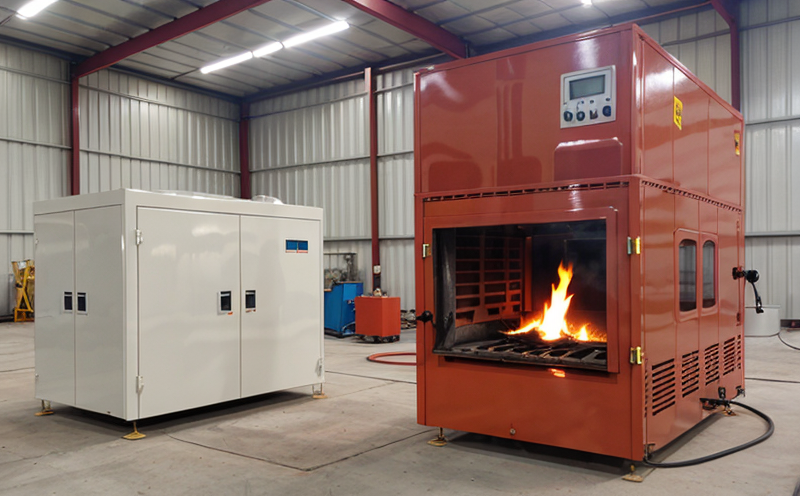ASTM E228 Thermal Expansion of Metals Testing
The ASTM E228 standard provides a comprehensive framework to measure the linear thermal expansion coefficients of metals and other materials. This critical property is essential for ensuring that components behave predictably under varying temperatures, which is particularly important in industries like aerospace, automotive, and electronics.
Thermal expansion affects the dimensional stability of materials during manufacturing processes and their performance in operational environments. Understanding this characteristic ensures that products maintain integrity and reliability over time. The ASTM E228 method measures how much a material expands linearly with increasing temperature, expressed as a coefficient per degree Celsius.
Our laboratory adheres strictly to the ASTM E228 protocol, ensuring accurate and reliable results. We use state-of-the-art equipment calibrated according to international standards to perform this testing. Our experienced technicians ensure that each sample is prepared meticulously, following stringent procedures to avoid any potential errors in measurement.
For our clients, we provide detailed reports that include not only the thermal expansion coefficient but also other relevant data such as the temperature range tested and the environmental conditions under which the measurements were taken. This information is invaluable for quality control and product development processes.
Applied Standards
| Standard | Description |
|---|---|
| ASTM E228-18 | This standard specifies the procedures for the determination of linear thermal expansion of metals and certain other materials by means of dilatometric techniques. |
| ISO 9276:2005 | An international standard that provides guidelines on the measurement of thermal expansion, which is complementary to ASTM E228 and often used in conjunction with it for comprehensive analysis. |
The application of these standards ensures consistency and accuracy in our testing procedures. Our laboratory follows both ASTM E228-18 and ISO 9276:2005 to provide clients with reliable data that can be confidently used for decision-making processes.
Eurolab Advantages
- Comprehensive expertise in materials science and metallurgy, ensuring accurate testing results.
- Use of advanced dilatometric instruments that provide precise measurement capabilities.
- Experienced technicians who are trained to follow ASTM E228 procedures meticulously.
- State-of-the-art facilities equipped with the latest technology for material testing.
We pride ourselves on offering a robust service that not only adheres to international standards but also provides additional value-added services such as interpretation of results and recommendations for process improvements. Our commitment to excellence ensures that clients receive accurate, reliable data that they can trust.
Environmental and Sustainability Contributions
- By ensuring product reliability and performance through precise thermal expansion testing, we contribute to reducing waste in manufacturing processes.
- Avoidance of errors in material selection can lead to energy savings during production and use phases.
- Products that perform reliably under varying temperatures are less likely to fail prematurely, thereby extending their useful life and minimizing environmental impact.
Our laboratory's focus on ASTM E228 testing helps manufacturers develop products that are not only efficient but also sustainable. By ensuring the correct thermal expansion properties of materials, we assist in creating more durable components, which ultimately leads to a reduction in resource consumption and environmental footprint.





